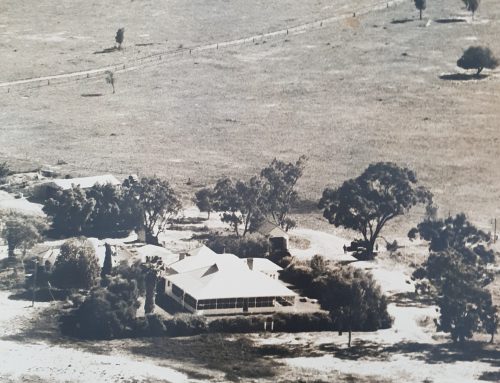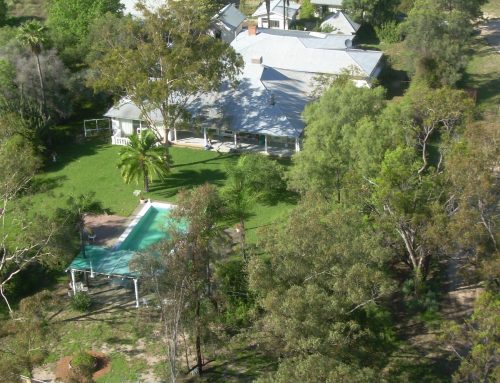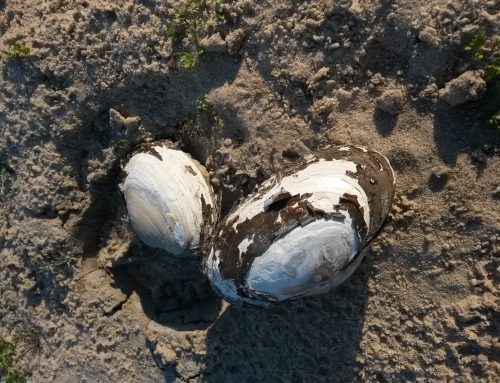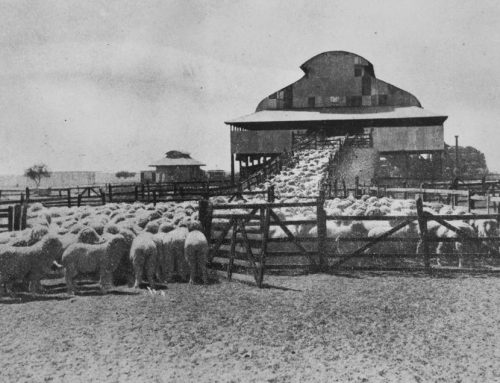We finally had some rain on the weekend, 20 mill which in the old scale is about 80 points. While this fall will undoubtedly do some good it has come too late for 1,000 acres of our wheat. Our other crops will benefit, particularly our oats. The yearly oats crop is a major part of our enterprise. This is the feed that we use to fatten our cattle which are then sold into the domestic market finding its way to a supermarket shelf such as Woolworths. Usually by July we are well on the way to turning the cattle off and sending them to market. These staggered sales can continue through until October depending on weather conditions-if it rains we cant get roadtrains in or out, and weight gain per beast. After the wet start to the year we have certainly had a particularly dry run since April. One mob of our cattle are already on a reserve, which is crown land that can be leased for periods of time for the feeding of livestock and some of our crops will be undoubtedly fed off in the weeks ahead. 
Mind you we are certainly not the only ones facing the usual weather/market setbacks. If you are an orange grower in SA you would be feeling the effects of the high dollar and over supply. After a great start with 100% water entitlements many growers are not picking their smaller oranges as the prices on offer would not cover the cost of the harvest. Prices being quoted in some of the weekend papers suggested some growers were receiving as little as 9c/kg. As usual it’s the old ‘price takers not price makers’ mandate which rules the bush. I was asked last week how as a beef grower I would be passing on the cost of the carbon tax if it became law. The underlying question being that the grower would be adding to the price of the meat being sold to the average consumer. From where I stand I’ll be paying extra via a carbon tax on diesel for the transportation of elements needed to continue my business-fuel to plant the crop, to have seed grain delivered, to transport stock to the saleyards. I’ve been told that the price of backline drenches, ear tags-we have the NLIS (National Livestock Identification System) which have a chip enclosed so that every beast has traceability (paddock to the abbottoir) and of course contractors rates will go up due to increased travelling costs. I should add here that these are the immediate areas that come to mind as I write this blog and is by no means a definitive list. The bush is getting ready for a cost increase however no we cant pass it on. We are price takers not price makers. We simply have to absorb the extra costs and leave the price increases to the supermarkets that monopolise the market. Yes they too will have cost increases however that’s another interesting story.






Leave A Comment